It was around 1.30 p.m. on a rainy day in June last year at the Government Senior Secondary School in Kube, a rural community in Karu Local Government Area of Nasarawa State. Clad in their white and green uniforms, 15-year-old Juliet Stephen and some classmates squatted down, each with a notebook opened on a concrete slab in front. Some of the about 25 students in the dingy classroom sat on the bare floor with their notebooks encircled in between their spread-out legs. Others took positions on the four wooden window frames, two on each side of the classroom.
In their various awkward postures, each student struggled to copy down the note the teacher was scribbling on the blackboard.
As they rushed to catch up with the teacher’s pace, the sky outside was gathering clouds. The bright sunlight peeking through the gaping holes in the classroom’s roof earlier in the day had disappeared.
The rain began to drizzle in a moment and gradually grew in intensity. As if responding to a familiar unspoken sign, Juliet, her classmates, and their teacher hurriedly and noisily kept their books away in their bags.
Everyone hurried out of the classroom, joining other students and teachers darting out of the two other classrooms in the building. Apart from the three classrooms, the other room in the building is the principal’s office. The only other building in the school was a dilapidated examination hall barely covered by a tattered roof.
In minutes, the rain began to pour on the homebound students and teachers, abruptly ending the school day’s activities.
![James Aparshe]](https://i0.wp.com/media.premiumtimesng.com/wp-content/files/2024/08/Pilot-nursery-and-primary-school-Nasarawa-where-pupils-learn-in-a-crowded-space-with-no-ceiling-above-them.-PHOTO-CREDIT-James-Aparshe-scaled.jpg?resize=2560%2C1440&ssl=1) Pilot nursery and primary school, Nasarawa, where pupils learn in a crowded space with no ceiling above them. (PHOTO CREDIT: James Aparshe]
Pilot nursery and primary school, Nasarawa, where pupils learn in a crowded space with no ceiling above them. (PHOTO CREDIT: James Aparshe]“That is how a typical day ends, sometimes much earlier during the rainy season,” the vice principal, David Agaba, told PREMIUM TIMES.
Nigerians need credible journalism. Help us report it.
PREMIUM TIMES delivers fact-based journalism for Nigerians, by Nigerians — and our community of supporters, the readers who donate, make our work possible. Help us bring you and millions of others in-depth, meticulously researched news and information.
It’s essential to acknowledge that news production incurs expenses, and we take pride in never placing our stories behind a prohibitive paywall.
Will you support our newsroom with a modest donation to help maintain our commitment to free, accessible news?
The school, established in 2002 by the administration of former Governor Abdullahi Adamu, has suffered neglect over the years.
The teachers sit under a tree on the school grounds to hold meetings and prepare for their lessons. When rain falls, they scamper to the cramped, leaky principal’s office, where they huddle and endure splashes of raindrops leaking into the office throughout their stay.
The bush serves as the toilet for the teachers and students. The school also lacks a library, and a source of drinking water is a fantasy.
Shortly before the disruptive rain in June last year, Alex Aturhomemro, a youth corps member deployed by the National Youth Service Corps (NYSC) to teach in the school, described the school as a death trap for him and his colleagues, alluding to the weather-weakened structures of the school building.
The state of the Government (Senior) Secondary School in Kube mirrors the rot that many public schools across Nasarawa State have become due to long years of government neglect.
During an extensive investigation by PREMIUM TIMES that started in 2022, our reporter saw dilapidated buildings, including some with blown-off or leaky roofs, shortages, and, in some cases, an outright lack of classrooms and other facilities like furniture, toilets, and books, as well as poorly equipped or total lack of laboratories across different public schools in the rural parts of the state.
 LEA Laminga primary school, Nasarawa LGA, where the roof has been blwon-off by breeze. (PHOTO CREDIT: James Aparshe)
LEA Laminga primary school, Nasarawa LGA, where the roof has been blwon-off by breeze. (PHOTO CREDIT: James Aparshe)Our reporter visited public primary and secondary schools in 14 towns and villages spread across five local government areas in two of the state’s three senatorial districts: Nasarawa West and Nasarawa North.
The towns and villages include Kube, Shinkafa, Kukuri, and Kondoro in the state’s Karu Local Government Area (LGA) (LGA). They also include Toto and Ogate in the Toto Local Government Area and Nasarawa, Laminga, Ogufa and Maramara in the Nasarawa Local Government Area. Both LGAs are in the Nasarawa West Senatorial District.
The rest are Kokona, Gudi, Ambasi and Garaku in Kokona LGA and Wamba in Wamba Local Government Area in the Nasarawa North Senatorial District.
The condition of the schools has been continuously deteriorating over the years.
The then vice principal of the school in Kube, Mr Agaba, said in 2022, when PREMIUM TIMES started a random preliminary assessment of rural schools in the state: “We are suffering here. We don’t even have an office for us to hide when it rains.”
Mr Agaba also pointed at the bush that served as a toilet for the school’s students and teachers.
“As you can see, the bushes here are where all of us go to defecate, the pupils, teachers, even the corps members serving here. About 20 communities send their children here to study, but some parents have withdrawn their children because we don’t have classes and a conducive environment.”
Raymond Ibrahim, a teacher engaged by the Parent-Teacher Association (PTA) to ease the school’s teacher shortage, said the school has been in this condition for years now.
Mr Ibrahim added that the school needs urgent help: new structures and teaching facilities.
 Abandoned projects by the Nasarawa state government (PHOTO CREDIT: James Aparshe)
Abandoned projects by the Nasarawa state government (PHOTO CREDIT: James Aparshe)Disturbing conditions, diminished funding
The sorry state of Government Senior Secondary School, Kube, is typical of many of the 2,178 public primary and secondary schools in Nasarawa State.
In 2021, Governor Abdullahi Sule’s administration estimated that the state government required N40 billion to restore the schools to baseline standards.
![@NasarawaGovt]](https://i0.wp.com/media.premiumtimesng.com/wp-content/files/2021/03/EvbDY1NXAAAMS7K.jpg?resize=1080%2C727&ssl=1) Nasarawa State Governor, Engineer Abdullahi Sule
Nasarawa State Governor, Engineer Abdullahi Sule
It voted N40 billion for education in 2024, one-fifth of the state’s N200 billion budget for the fiscal year.
As tangible as that amount is in the state budget, it amounts to nothing compared with the level of decay of the state’s public schools. The estimated N40 billion needed to fix the schools as of 2021 has increased due to Nigeria’s skyrocketing inflation and the further deterioration of the schools since then.
Nasarawa’s limited funds
Nasarawa is an agrarian state that largely relies on monthly allocations from the Federation Account for its activities.
The entire amount that accrued to the state under the universal education scheme overseen by the Universal Basic Education Commission (UBEC) for 19 years – from 2005 to 2023 – stood at only N17.8 billion.

The scheme entails the UBEC releasing funds to the Universal Basic Education Boards (UBEBs) in the various states to cater to the basic needs of primary and junior secondary schools.
Each state gets intervention funds, comprising the state’s contributions plus the matching grant of the same value from UBEC. States that fail to contribute their part would not access the grants held by UBEC.
In 2022, the then-Commissioner of Finance, Budget, and Planning, Daniel Agyeno, boasted that the state government’s allocation of N31.9 billion to the Ministry for Education was at par with UNESCO’s recommendation.
This was a year after its needs assessments showed it needed N40 billion just to fix its dilapidating schools.
 Terrorism financing
Terrorism financingKube schools are worse off
In Kube, the physical conditions of schools have worsened as the government shifted attention from its rotten schools.
Not too far from the Government Senior Secondary School in the town lies a run-down one-storey building with eight classrooms and two offices. The two offices are shared between the two floors of the building.
The dilapidated building, built in 2019, belongs to the Kube Primary School.
 Students during class at Kube Primary School, Karu LGA, Nasarawa. (PHOTO CREDIT: James Aparshe)
Students during class at Kube Primary School, Karu LGA, Nasarawa. (PHOTO CREDIT: James Aparshe)It also serves the Government Junior Secondary School, Kube. The junior secondary school’s over 1,000 students resume classes in the building in the afternoon after the primary school has closed.
Residents’ persistent calls for the construction of classrooms for the junior secondary school have fallen on the state government’s deaf ears until recently when the senator representing Nasarawa West senatorial district, Aliyu Wadada, under the constituency project scheme, awarded a contract for the construction of two blocks of three classes with an office.
The buildings were recently completed but had not been put to use when this reporter visited. The residents lauded the senator’s intervention but said it would be inadequate considering the number of communities that depend on the school.
 Senator Wadada completed project, in GSS, Kube (PHOTO CREDIT: James Aparshe)
Senator Wadada completed project, in GSS, Kube (PHOTO CREDIT: James Aparshe) Newly built two block of classroom by Senator Wadada, in Kube (PHOTO CREDIT: James Aparshe)
Newly built two block of classroom by Senator Wadada, in Kube (PHOTO CREDIT: James Aparshe)Years back, some well-meaning groups from Kube and neighbouring villages that rely on the school for their children’s education began erecting three classrooms on the premises to ease congestion in the school.
However, the project stopped halfway due to a funding problem. The project is a telltale sign of the school’s neglect and the community’s intention but insufficient capacity to rescue the situation.
The only one-storey building on the premises lacks a toilet. Therefore, during school hours, pupils use the surrounding bushes to defecate.
The building’s roof is in total disrepair, with collapsing ceilings hanging down, exposing the pupils and their teachers to harsh weather and danger.
None of the eight classrooms has furniture. During this reporter’s visit to the school in March 2023, pupils were seen seated on bare floors while others clung to the window during lessons. The situation remains.
No attention
In June last year, Markus Danjuma, the then principal of the Government (Junior) Secondary School, Kube, told PREMIUM TIMES that the school and community had written several letters to the Nasarawa State Universal Basic Education Board (SUBEB) in Lafia about the school’s building, but nothing had been done.
“We are renting this place; the building belongs to the primary school. Junior secondary school doesn’t have a structure. We have not built any blocks since 2006, when the school was established,” Mr Danjuma said.
The school also suffers from insufficient manpower. A volunteer teacher in the school who pleaded anonymity said, “Some of us are just volunteering to help the community; we work without being paid. The state government has neglected the school.”
A community leader in Kube, Victor Egura, also recalled that the community had written several letters to the state authorities appealing for help.
“We have written several letters to the Ministry of Education and the Nasarawa State Government, but nothing has been done. Now we are just at the mercy of God,” he said in 2023.
“During the dry season, the students contend with the sun, and now in the rainy season, the students have nowhere to hide due to poor infrastructure development; the rain beats them as they go to school daily.”
In May, Mr Egura told PREMIUM TIMES that the Ministry of Education sent a letter in December 2023 notifying the community that a contract had been awarded for the construction of more classrooms at the Government Secondary School, Kube.
“But this is May, and we have not heard from them again. We hope that they will come soon,” he said.
Same litany of problems
Rural public schools in Karu, Nasarawa, Kokona, Wamba, and Toto local government areas share the same litany of problems, though they may differ in degree.
The problems include dilapidated structures with leaky classrooms, insufficient classrooms and teachers, lack of access to water, open defecation due to the unavailability of toilets, and insufficient or outright lack of furniture.
Apart from the schools in Kube, others visited in Karu LGA by our reporter and seen in poor conditions are the Government Primary School in Bakin Kogi Kondoro, the primary school in Kukuri, Government Primary School, Kukuri (the only school in the village), and Government Primary School, Shinkafa (the village’s only school).
The headmistress of Kondoro, Ruth Ibrahim, said the school has enough classrooms to “accommodate the pupils,” but storms have destroyed their roofs. She said the classrooms are so bad that “even animals cannot be comfortable living inside.”
 A class totally falling apart at Kondoro, Bakin Kogi Primary school (PHOTO CREDIT: James Aparshe)
A class totally falling apart at Kondoro, Bakin Kogi Primary school (PHOTO CREDIT: James Aparshe)She said in 2019, the government intervened by building a block of two classes with an office. “However, a storm blew away the roofs, leaving the school and the pupils in a pitiable state,” she said.
In Toto, Toto LGA, PREMIUM TIMES visited the Central Primary School, Ogate Primary School and Demonstration Nursery and Primary School.
 Pupils during classroom in Toto school (PHOTO CREDIT: James Aparshe)
Pupils during classroom in Toto school (PHOTO CREDIT: James Aparshe)Our reporter also visited the Government Girls School and Government Science School Wamba in Wamba LGA, where a teacher lamented that “No single classroom is suitable for learning. We are just at the mercy of God.”
 Alternative classroom in science school, Wamba (PHOTO CREDIT: James Aparshe)
Alternative classroom in science school, Wamba (PHOTO CREDIT: James Aparshe)Similar stops at the Pilot Central Primary School, the once popular Government College Nasarawa (GCN), the Pilot Central Primary School in Nasarawa, the Lamiga Primary School in Laminga, and the Nomadic Primary School in Gidan Biri revealed the same trend.
 Dilapidated toilet in government college Nasarawa (PHOTO CREDIT: James Aparshe)
Dilapidated toilet in government college Nasarawa (PHOTO CREDIT: James Aparshe)The Laminga Primary School, established in 1954, is one of the oldest schools in Nasarawa State.
A resident of the Laminga community, Lawal Abdullahi, lamenting the poor state of the school, called on “the government to look at our school with the eyes of pity and fix our school.”
 LEA Laminga primary school, Nasarawa LGA, where the roof has been blwon-off by breeze. (PHOTO CREDIT: James Aparshe)
LEA Laminga primary school, Nasarawa LGA, where the roof has been blwon-off by breeze. (PHOTO CREDIT: James Aparshe)Impaired learning, chaos ahead
Experts say it is an illusion to think that genuine teaching and learning occur in the schools.
“The students are not learning from the classroom because they are not comfortable. Whatever the teacher may have been teaching them at that period, they cannot learn,” said Oriyomi Ogunwale, the team lead of Eduplana, a not-for-profit organisation involved in the campaign for accountability and transparency in the education sector.
Mr Ogunwale said another implication of the unconducive school environments is “poor learning outcomes, and this may affect our future generation that may lead to a total collapse in the educational sector.”
He also said, “It reduces enrolment, and pupils no longer see the need to go to,” adding that it also demoralises teachers.
“Many children who learn in such an environment cannot construct a good sentence or speak good English,” he said, speaking to our reporter’s observations across the schools visited during the reporting.
Lawan Bazza, a lecturer in the Department of Agricultural Education, Federal College of Education, Zuba, FCT, Abuja, also shared concerns about the future of the children receiving education in those schools.
“The situation is really bad. I really pity these children because their future is in danger,” he said.
He said the state of public schools in Nigeria “is nowhere near any ideal schools.”
Mr Bazza, the general secretary of the chapter of the Colleges of Education Academic Staff Union (COEASU) in his institution, said, “So, learning in such an environment will breed chaos in the society that we are currently experiencing, resulting in all kinds of social vices.”
Funding remains poor
In a June 2022 reply to our Freedom of Information (FOI) request, the Nasarawa State Universal Basic Education (NSUBEB) chairman said the agency had spent N42 million from its matching grant intervention funds for three schools in the Karu axis of the state.
Mr Dan’Azimi said the projects were executed in Kube Primary School, Kondoro Bakin Kogi, and Shinkafa Primary in Karu.
However, our investigation shows that Kube Primary School remained in a deplorable condition like most other rural schools visited.
Nothing has changed after two years.
In a fresh response to our latest FoI request, the office of the chairperson of the NSUBEB acknowledged the general state of disrepair of state-owned basic schools.
The reply dated 8 July 2024 said there are “about 1,500 basic public schools with a substantial number of structures in dire need of renovation” in the state.
That is almost 70 per cent of the schools in the state crying for help.

“We are very much aware of the dilapidated status of these structures and those of other schools in the state,” Mohammed Lakpa, NSUBEB’s director of Physical Planning, wrote on behalf of the board chairperson.
The letter noted that NSUBEB “is generally embarking on rehabilitation of these structures and provision of other infrastructures through Matching Grant Intervention Funds, cosponsored by the Universal Basic Education of Commission, Abuja and Nasarawa State government, taking into cognisance the even and geographical spread in the state.”
Any hope?
The hope of restoring the state’s basic schools to a conducive environment for teaching and learning hangs on funding that matches the level of disrepair and prompt release of the funds.
The NSUBEB letter referred to a needs assessment carried out on the schools in the state.
The board counts on the matching grant intervention funds to meet those needs. However, in 2023, the board only received about N2.8 billion – with the state government and the UBEC each contributing about N1.4 billion under the Matching Grant Intervention Funds scheme.

As of July 2024, NSUBEB has yet to receive the funds for 2024, according to its letter to PREMIUM TIMES.
Referring to the state’s primary and junior secondary schools under its jurisdiction, NSUBEB said it intends to prioritise the problems “and will be taken care of accordingly, not necessarily the visited schools.”
READ ALSO: Adeleke summons security meeting over threats to peace in rural communities, schools
It said attention would be given to the problems in phases, referring to the needs assessments already carried out, “depending on availability of funds.”
 Over 200 pupils crowded in one class at Pilot Primary School, Nasarawa LGA (PHOTO CREDIT: James Aparshe)
Over 200 pupils crowded in one class at Pilot Primary School, Nasarawa LGA (PHOTO CREDIT: James Aparshe)No comments on senior schools
The state’s Commissioner of Education, John Mamma, and the office of the Director of Schools, who see to the development of senior secondary schools in the state, refused to comment.
The commissioner refused to respond to our FoI request submitted to his office on 11 June 2024. He was not around when our reporter visited his office in Lafia in June 2023 and July 2024. Earlier this year, on a phone call with our reporter, he promised to respond to our reporter’s enquiries. But, subsequently, he stopped answering calls.
Support PREMIUM TIMES' journalism of integrity and credibility
At Premium Times, we firmly believe in the importance of high-quality journalism. Recognizing that not everyone can afford costly news subscriptions, we are dedicated to delivering meticulously researched, fact-checked news that remains freely accessible to all.
Whether you turn to Premium Times for daily updates, in-depth investigations into pressing national issues, or entertaining trending stories, we value your readership.
It’s essential to acknowledge that news production incurs expenses, and we take pride in never placing our stories behind a prohibitive paywall.
Would you consider supporting us with a modest contribution on a monthly basis to help maintain our commitment to free, accessible news?
TEXT AD: Call Willie - +2348098788999




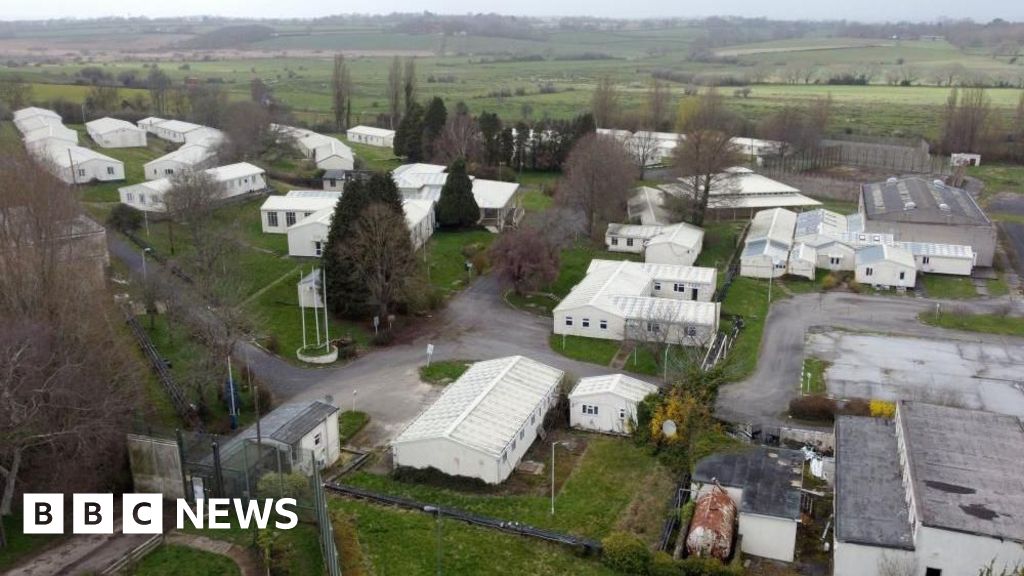
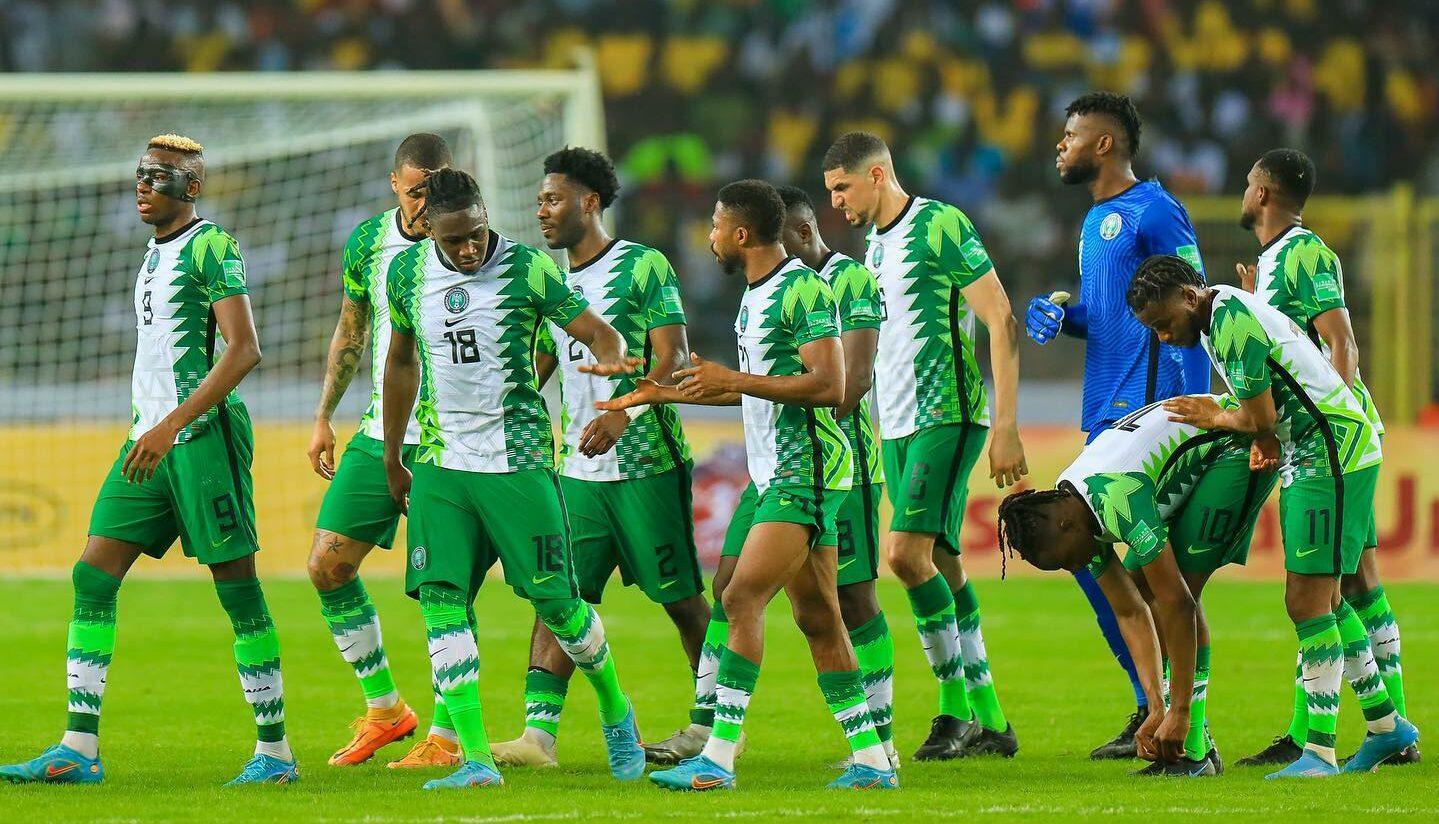

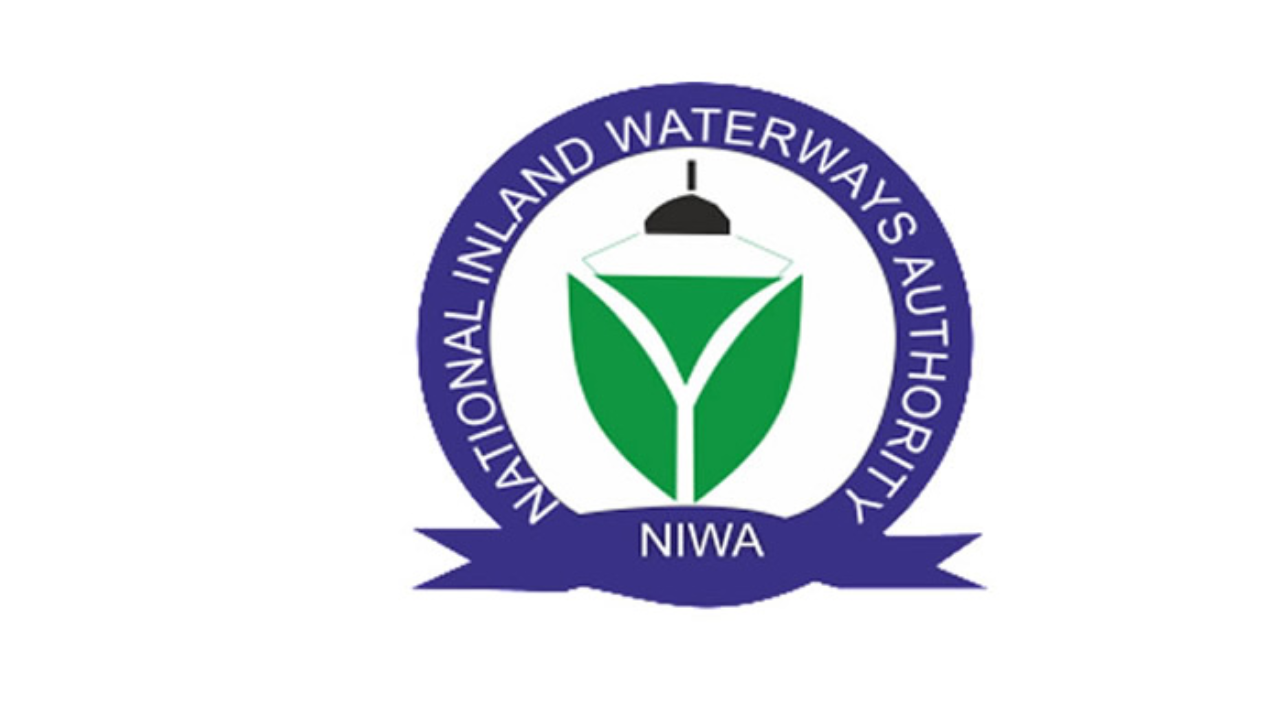




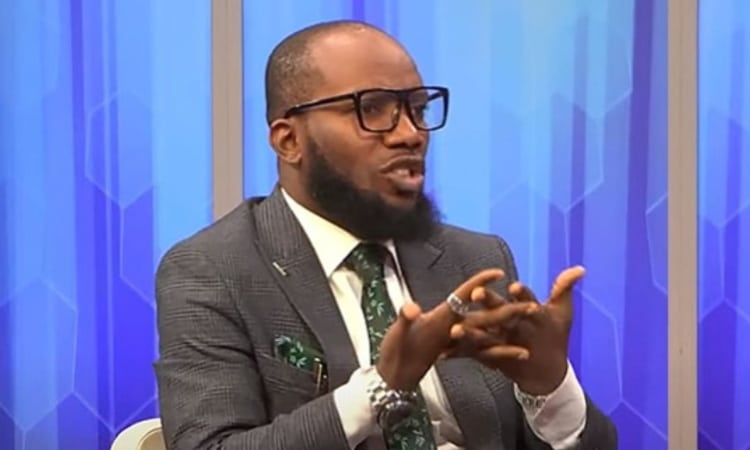


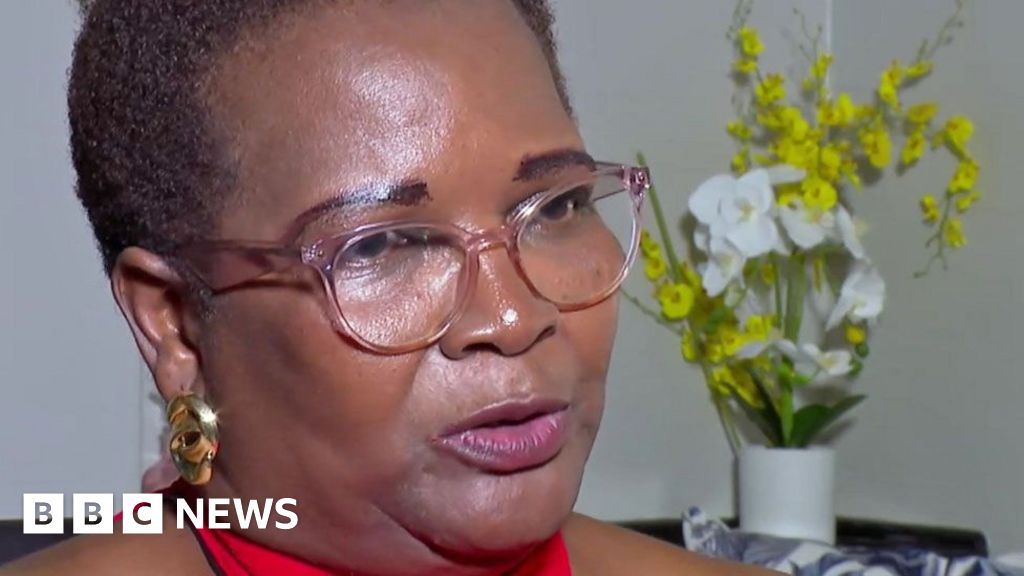
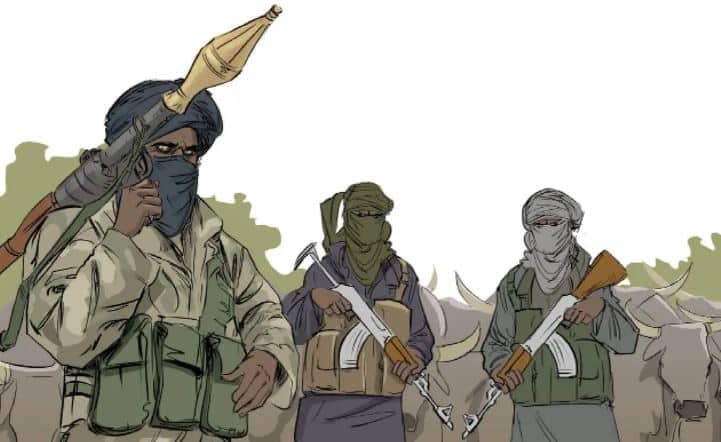


 English (US) ·
English (US) ·